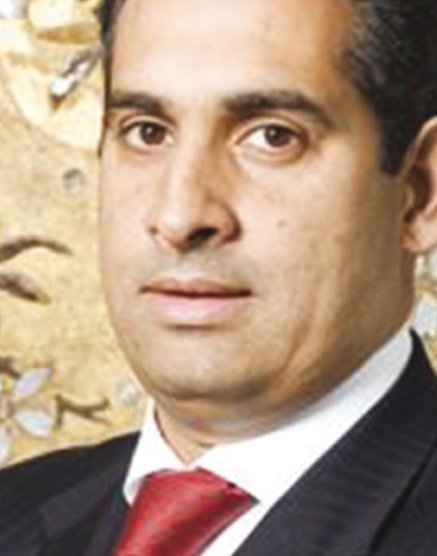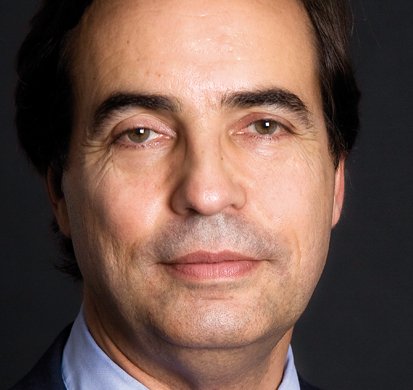The importance of planning for change and coping with uncertainty- AAA Advogados
Businesses have to be prepared for change however it may come and to manage with less certainty
Puede que haya dudas y sentimientos encontrados respecto al futuro de la economía portuguesa a corto plazo, pero lo que está claro es que las empresas deben ser innovadoras y capaces de tener planes de contingencia para reducir riesgos y poder salir de la crisis, dice Dulce Franco, socia de AAA Advogados en Lisboa.
There may be mixed feelings and uncertainty surrounding the relative prospects of the Portuguese economy in the short-term but what is clear is that those companies able to innovate will be among the best placed to emerge most strongly out of any crisis, says Dulce Franco, partner with AAA Advogados in Lisbon.
“We see clients questioning the viability of current projects and putting others on hold, but we also see many with confidence in the future of their business in the global market. The current economic situation may not be something we would have wished for but it also presents opportunities for those able to adapt.”
Some businesses have already begun to plan for a “what if” scenario should economic conditions deteriorate further in order to help put them in the most favorable position and to react positively to any strategic issues or opportunities that arise, she says.
“Given the uncertainty of the moment, companies must have contingency plans. They have to have all the pieces aligned in order to be able to manage the potential impact of any significant changes and to determine a strategic response, for both the short and medium-term. It is vital to learn to live with less certainty than in the past and to cope with that in the best possible manner.”
Larger companies continue to keep the faith but given the difficulties that surround access to new finance, for example, many are already exploring options on the bond and high yield markets. Others are also looking to new investment and investor opportunities beyond Europe, in Brazil, Macao/China and Angola.
“We see companies interested in new structures and accessing new markets but none of this happens overnight, it has to be prepared in advance. Companies have to be able to manage their own evolution, rather than merely respond to it.”
Significant issues clearly have to be overcome before international investors regain their faith in what Portugal has to offer. What is important is that benefits are repackaged to the prevailing need, insists Dulce Franco.
“In a sense we have to revitalize the benefits Portugal can still provide. Portuguese companies have tremendous intellectual and technological capital, and offer unparalleled connections to some of the globe’s most dynamic economies.”












